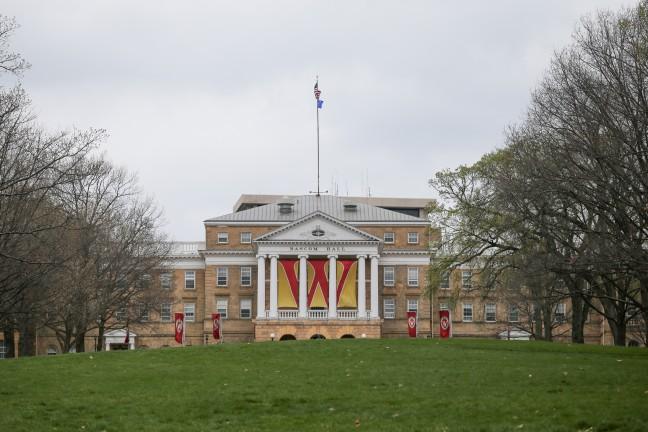
The Associated Students of Madison Student Services Finance Committee took the first steps toward offering an internship for the group during Thursday’s meeting.
The intern would act as an intermediary in seeking feedback between the General Student Services Fund groups, which are student organizations that receive money from SSFC.
SSFC will make a formal request to the entire Student Council at their next meeting about the legislation, and the group could obtain an intern from the ASM intern group as early as next fall, even though they have already allocated student interns to committees for next year.
The need for an intern was brought to the committee’s attention after attempts to get feedback from GSSF groups about SSFC processes were mostly ignored, SSFC Chair Brandon Williams said.
“The intern would play as a middle-man between us and the GSSF groups, requesting honest feedback to help recognize what we can do to improve our processes,” Williams said.
Williams added the intern would work specifically in garnering open conversation between the groups that fall under the GSSF to gain feedback in how operations between the two groups can improve without having an official title.
One of the main discussion items regarding the legislation is the lack of communication between the SSFC and the groups they control budgets for, and they believe part of that is related to an intimidation factor due to their monetary power with some student organizations.
“Getting an intern is the first step in changing the mentality that prevents student groups from working with student representatives because of intimidation,” Rep. Jake Burow said. “This may not be the total fix, but it gets our foot in the door and can snowball in the future to create a better relationship with these groups.”
Williams also pointed out that he has tried to make himself more approachable by holding more office hours and opening himself up for more questions than previous SSFC chairs, but these efforts have not led to increased communication.
Williams said even with his increased attempts to garner communication, he still does not have the time to fully dedicate himself to gathering feedback.
If approved, the intern would report directly to the SSFC, but wouldn’t represent the group in any way and would not have a title that pertains directly to the group, which the SSFC believes will help increase comfort in communication.
However, this was not a unanimous decision. Some representatives expressed concern over the cost of an additional intern, the initial effectiveness and why these tasks needed to be deferred from the SSFC chair and adviser.
But the addition of an intern to the SSFC would not cost the Student Council any more money, as the total money allocated for interns in the fall has already been set, so the addition of a new intern would only lower the amount of money allocated per intern, Williams said. Right now approximately $1500 is spent on each intern.
Student Council will vote on the final approval of the intern at the March 17 meeting.












